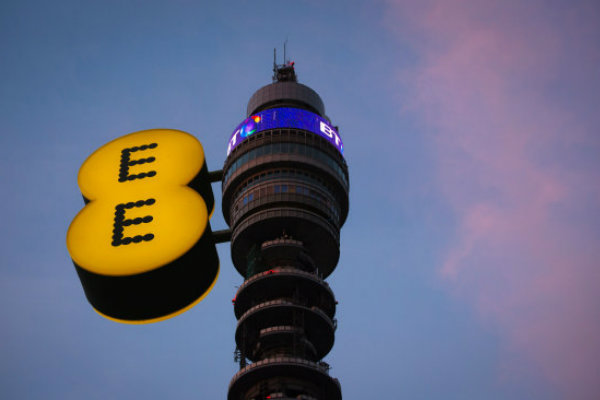BT has been given the green light of CMA approval for its takeover of rival EE.
A January deadline has been set for the final report, which will see the conclusion of the £12.5bn deal that was announced in February this year.
The Competition and Markets Authority found that the merger “is not expected to result in a substantial lessening of competition (SLC) in any market in the UK.” The reason for this is that BT and EE primarily operate in different areas, with BT focusing on broadband and fixed lines, and EE covering the mobile sector, with no significant overlap.
“We recognise that this is a merger which is important to many customers and businesses,” said Inquiry Chair John Wooton. “We have heard a number of concerns from competitors. After a detailed investigation, our provisional view is that these concerns will not translate into a competition problem in practice.
We provisionally think that the retail mobile market in the UK, with 4 main mobile providers and a substantial number of smaller operators, is competitive. As BT is a smaller operator in mobile, it is unlikely that the merger will have a significant effect on competition. By the same token, it is unlikely that the merger will have a significant effect on competition in the retail broadband market, where EE is only a minor player.”
Olaf Swantee, the CEO of EE, said that the UK was one of the last markets where such a merger could still take place.
“EE welcomes the CMA‘s provisional approval of our merger with BT,” he said. “We now look forward to completing the deal quickly, and creating a new combined company designed to benefit both British consumers and businesses, while helping to propel the UK to the very front of global telecommunications.”
“We‘re pleased that the CMA has provisionally approved BT‘s acquisition of EE,” added BT Chief Executive Gavin Patterson. “The combined BT and EE will be good for the UK, providing investment and ensuring consumers and businesses can benefit from further innovation in a highly competitive market”.
At the same time, rivals have voiced strong opposition. In submissions to the CMA, companies including Virgin and TalkTalk called for Openreach, the infrastructure arm of Openreach, to be split off into a separate company.
The CMA addressed this in its statement, saying that “We have only considered Openreach to the extent it is relevant to issues arising from the merger. We are aware of concerns voiced recently about Openreach and wider concerns are currently being considered by Ofcom in their review of the whole telecommunications market.”
EE is currently the UK‘s largest mobile operator, with 24.5m direct mobile customers.


















